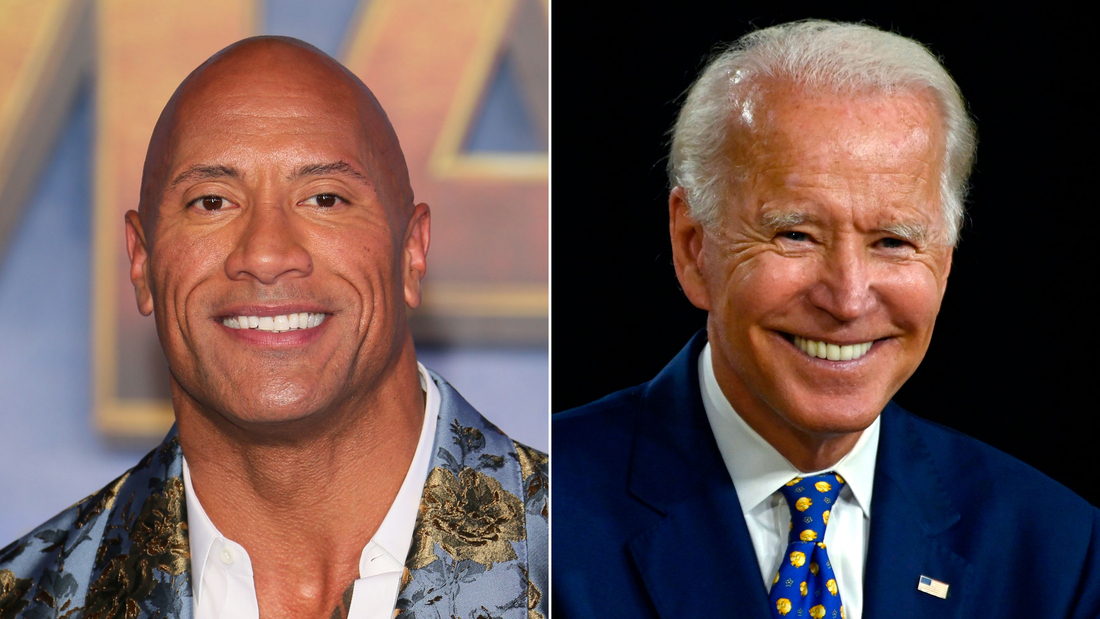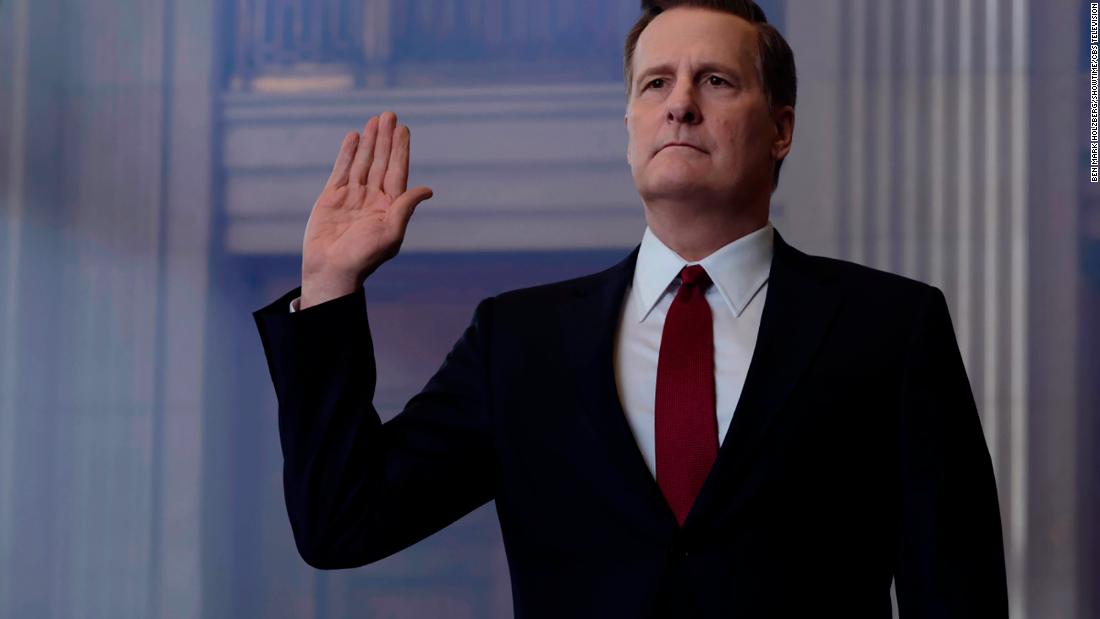
The BBC's head of news has said the number of traditional TV bulletins may be cut over the next decade as more people watch news online.
Fran Unsworth told The Daily Telegraph she thought there might only be one bulletin a day.
Asked whether the News at Ten might survive but not the News at Six, Ms Unsworth replied: "Possibly, or maybe the other way round."
The News at One is the corporation's other major daily national bulletin.
Asked by the newspaper to predict how TV news would change over the next five or 10 years, she replied: "I think TV journalism will still be around because of the power of pictures to tell a story, but it won't necessarily be received in quite the forms it currently is.
"So I still think, ultimately in 10 years' time, we probably won't be consuming linear bulletins exactly. I mean, I might be wrong about that. I doubt it.
"There might be one [bulletin] a day, or something. I think there'll be fewer of them. But I think that the power of how you tell stories through television, pictures, video will just be in a different space.
"It'll be in the digital space, it'll be on, you know, iPlayer. It'll be on your tablet, your iPhone.
"We have to think creatively about what the product is, but that's the direction of travel and I don't think that's changed."
News bulletins are regularly the most-watched programmes on British TV, with the News at Six and News at Ten usually behind only the regional 18:30 news as the BBC's highest-rated broadcasts.
Image copyright Getty Images Image caption Fran Unsowrth was appointed the director of BBC News in 2017The audience for news has risen during the coronavirus pandemic, with more young viewers tuning in. But Ms Unsworth said she did not expect that to last.
"They're sitting down and watching a television bulletin in a way that I thought they weren't ever really going to again," she said. "So that has been what's been really interesting about this.
"I'm not under any illusions, to be quite honest with you, because I've seen it in the past. You get these big peaks, the big stories like the Bataclan [attack in Paris in 2015] and London Bridge attacks [in 2017 and 19], then the audience falls off again quite rapidly.
"What I would hope is that we've changed our image in the mind of the younger viewer, which is that we are there to be relied on, and if they really do want to know what's happening they will come to us to find out. We're not just any other news source."
Will TV news bulletins disappear?
Analysis by David Sillito, media correspondent
When ITN created the UK's first half hour news bulletin in 1967, it was only commissioned for 13 weeks, because the bosses feared that viewers would find it too boring. The BBC's Six O'Clock News was, at the time, under 10 minutes long, as was the Nine O'Clock News.
Fifty-three years on, the four main daily BBC news bulletins are at the moment more often than not the most watched programmes on BBC One. The audience for the BBC's regional news programmes topped five million on Wednesday night - more than a million ahead of the most popular non-news programme of the evening, The Repair Shop.
The audience for traditional news bulletins has also been boosted by the impact of coronavirus. Not only is there a fast-moving story that affects everyone, more people are at home and able to turn the TV on. And what's more, the basic shape and style of those bulletins has barely altered.
But things can change fast.
The amount of time we spend watching live TV schedules has been dropping for many years. There is, however, still a large and loyal (and largely elderly) audience who turn the TV on as a daily habit. The prime time TV audience even on a sunny August evening is usually around 16 million. However, Reuters' Digital News Report noted that the number of people tuning in to TV news has begun to drop. For many years, 75-80% of people regularly watched a TV bulletin, but in January 2020 it said that had dropped to 55%.
Of course, predictions are always a fool's game. The demise of print newspapers has long been predicted but so far the Independent is the only major paper to go digital only. News is a habit and habits change slowly. However, the direction of travel is clear. There will probably always be an audience for a daily digest of TV news reports but the online world offers so many new options for presenting news in greater depth and clarity.
Visual storytelling is not disappearing, it is going through an extraordinary moment of innovation and transformation. The traditional TV bulletin with its rigid storytelling formulas, desks and serious presenters will for a dwindling number of people be their preferred way of tuning in to global events, but the question is whether those in their 20s and 30s today will develop that habit in years to come. I suspect not.
Follow us on Facebook, or on Twitter @BBCNewsEnts. If you have a story suggestion email entertainment.news@bbc.co.uk.

 5 years ago
721
5 years ago
721 

